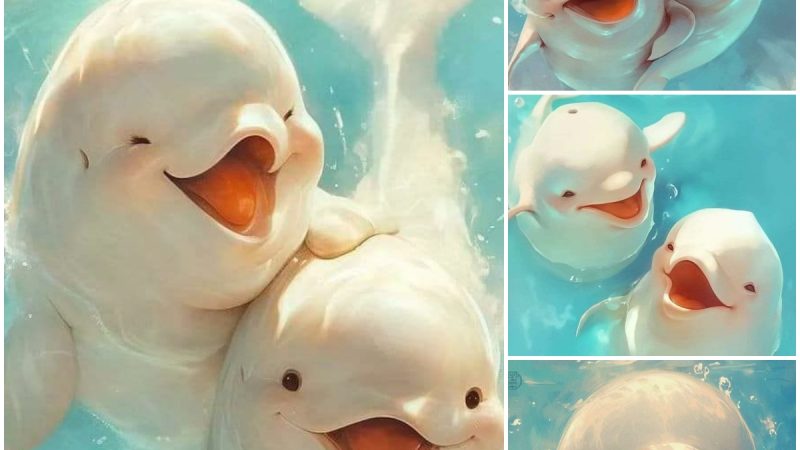
The colossal whale that recently washed ashore on Mui Ne Beach has become a prominent spectacle, drawing the attention of both locals and tourists alike and generating widespread discussion and curiosity due to its estimated weight of over 15 tons.

Local reports confirm that the whale was discovered stranded on the beach early one morning. Authorities swiftly responded to the incident, commencing efforts to identify the marine mammal.
However, the rescue operation posed significant challenges due to the sheer size of the animal.

A team of experts, comprised of marine biologists, veterinarians, and local authorities, has been dispatched to the site. Their primary objectives are to assess the situation comprehensively and formulate a safe and effective plan for returning the whale to its natural habitat, the ocean.

This unfortunate occurrence underscores the pressing need for dedicated initiatives aimed at safeguarding marine life and preserving the delicate equilibrium of the oceanic ecosystem.
It remains crucial to continually educate and raise awareness among the public about the paramount significance of conserving our oceans and the diverse creatures that inhabit them.

In recent times, numerous instances of stranded whales and other marine animals have been reported on beaches worldwide. While some of these incidents are attributed to natural factors, many are the consequences of human activities, including pollution, overfishing, and climate change.


In conclusion, the stranded whale on Mui Ne Beach serves as a poignant reminder of the urgency surrounding marine conservation endeavors. It is imperative that we take resolute measures to shield our oceans and the remarkable creatures that inhabit them.
By uniting our efforts, we can effect positive change within our environment and secure a sustainable future for generations to come.



